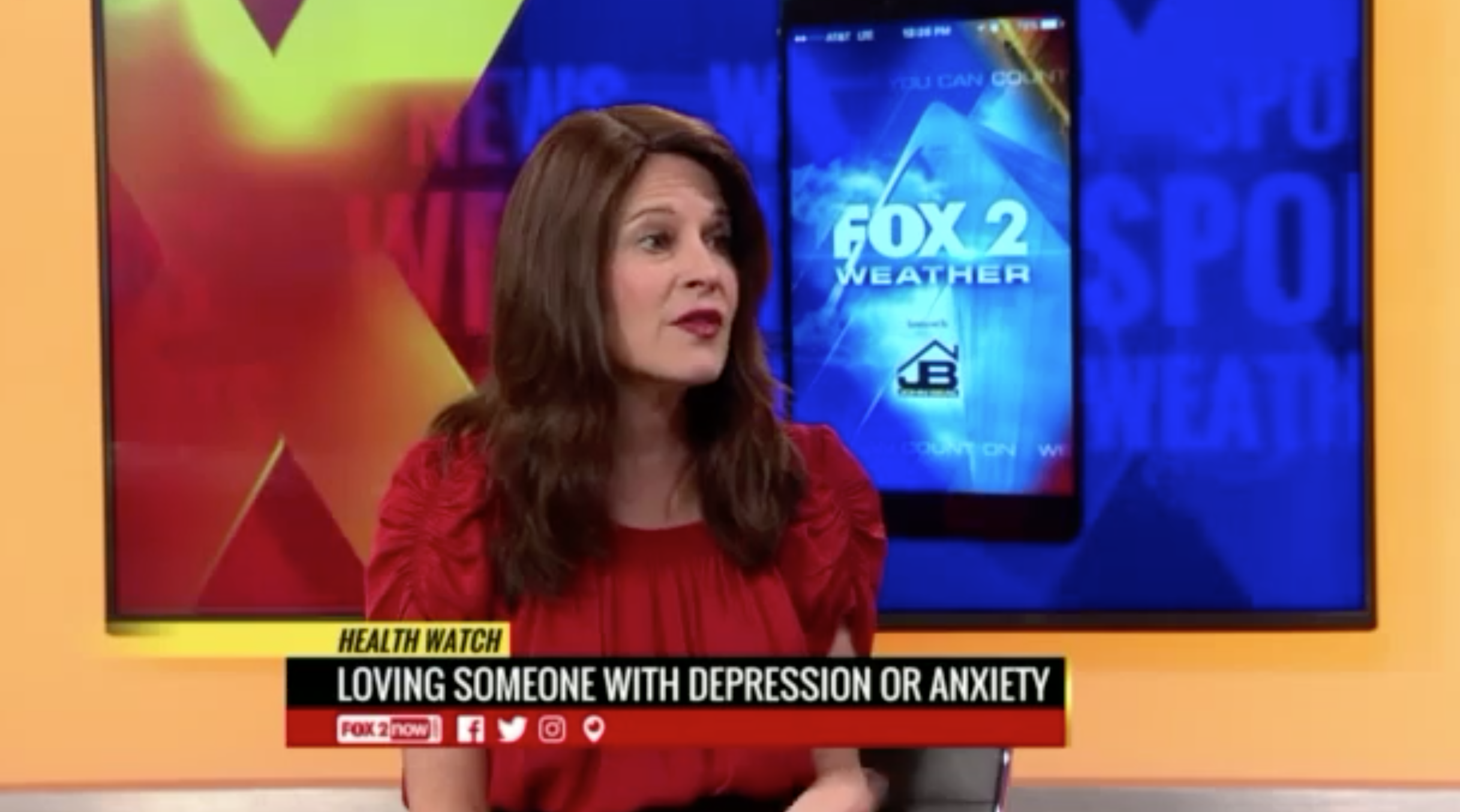Being vulnerable can be difficult for anyone, but especially for men. While girls receive plenty of messages to keep their feelings under wraps, recent research continues to show how far society's masculinity soundtrack takes boys off course from connecting with their emotional side. I read an article this week in the New York Times called, Talking to Boys the Way We Talk to Girls by Andrew Reiner. Even I, already sensitive to this issue, was blown away by the studies Reiner cited showing the damaging stereotypical messages boys receive to “man up,” often in concealed ways and starting as early as infants.
From the get-go, even before our son Jeremy was conceived, I felt a strong sense of purpose to raise a boy freed from the limitations of macho-based confidence. From the moment he was born, my parenting thought process was guided by this desire — to help our son be comfortable with his vulnerable emotions, nurture his innate empathy, and appreciate the true strength and courage in being real.
Our society often reinforces a belief system that resilience means suppressing emotions, pushing our way through. Susan David, a Harvard psychologist, says the opposite is true. Rather than suppressing difficult emotions and thoughts, we thrive by becoming Emotionally Agile, meaning “to be with ourselves and our emotions.”
How do we start teaching our sons they can have vulnerable emotions? Here are some tips to consider:
LISTEN WITH EMPATHY
Make it safe to share feelings. The best way to do this is to listen without rushing to a solution or judging. Sometimes our own fears get in the way and we get reactive when our kids feel upset. Just reflect and let the boy or man in your life know you understand. Be on the lookout for signs of fear or sadness, disappointment or insecurity. Ask open-ended questions, like “You seem upset, what’s going on?” “How was your day — what was the best and the worst part?” Actively listen, validate, show you understand and that you want to hear how he feels. It’s always good to show trust and belief in him and his ability to grow stronger from this experience.
MODEL EMOTIONAL OPENNESS
When we ourselves are comfortable with our emotions and our pain, and can express our needs and feelings in a proactive way, kids watch and pick up on this healthy emotional vibe. I asked Jeremy today, now 21, for his perspective on how we (hopefully) taught him, as a boy, to be in touch with his emotions. He texted, “The way you guys live. Anytime something is on your mind you guys tell it how it is— so we can understand, adjust and change if it’s a recurring thing.” Jeremy continued “ … to sit down and talk about things together, be it planning or issues that come up, this made for an evident culture of not holding things in.” While our kids still groan to us when they tease about our family meetings, apparently they were a good thing.
TEACH EMOTIONS 101
Find opportunities to drop little emotion lessons in here and there, first and foremost that emotions are not something to run from or fear. For example, something I learned from the wisdom of Kabbalah, “It’s a strength to 'be with' our pain and not run from it.” Another tidbit of truth: "When we get our feelings out, we feel more in control and less likely to blow up in the wrong place or in the wrong way.”
ENCOURAGE MUSIC, ART, LITERATURE, NATURE, ANIMALS, SPIRITUALITY
Our culture can send messages to boys that the liberal arts side of education is a feminizing idea. Boys have been known to tease and judge each other for these interests. Look for little seeds of interest in the arts or nature, animals or music — and pour on the support. Our son is convinced that his passion for music, and being encouraged to pursue his musicianship, helped him connect to his softer side. He said, “it was easier for me to find my emotions through music.” Sports and video games have their place but they don’t typically open your heart the way the arts and nature do. If spirituality or religion is a part of your life, being open with this in your home, sharing about your journey & what you are learning-- this can help encourage inward turning.
BUY HIM A JOURNAL
Journaling is the tool I suggest most for my clients, more than any other tool, across age, gender and the personal or relationship issue that brings them in. Don’t push it, but suggest a journal or log. Writing our thoughts and feelings down awakens the inner communication channels — and can make it easier to express to others once you’ve gotten more clear of your own inner voice. Identifying our thoughts and feelings can give us a greater sense of control making us less likely to respond with our knee-jerk reaction.
REMIND HIM TO SPEAK FROM HIS HEART
When my husband and I first got married, I soon noticed that it was hard for him to be real. He would ask me for advice on giving a talk at work or writing a card to a friend or family. All I had to say was, “Speak from your heart.” And the perfect message would come through.
FIND A GIRL MENTOR
Whether that’s an older sister, a neighbor or cousin, having a girl close to your son’s age in his life can really make a difference. Not his mom who is miles away generationally, a young positive girl mentor can teach your son how to treat a girl with respect and sensitivity. If she’s mature enough and willing, she can help model how it’s cool to talk about feelings sometimes.




















